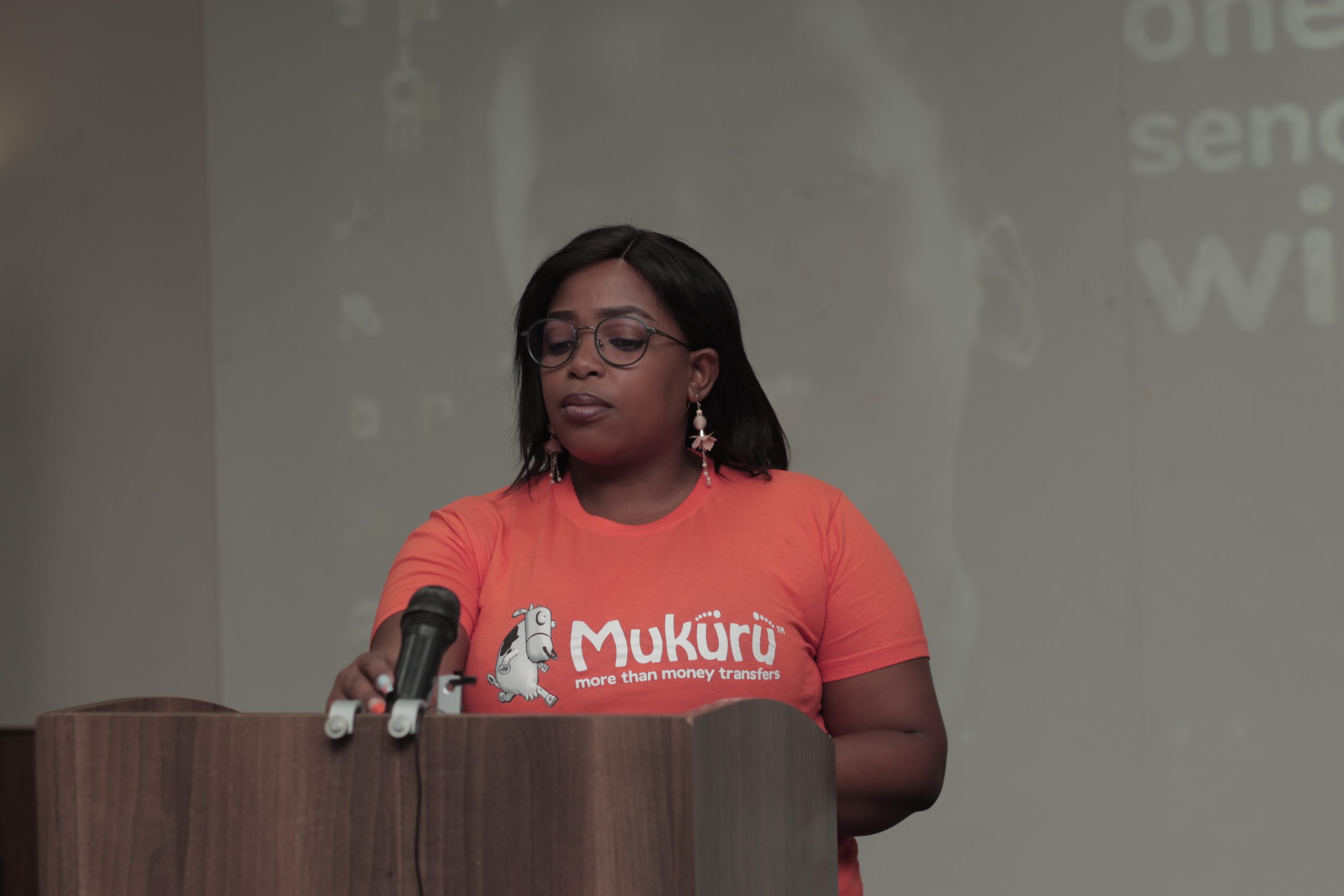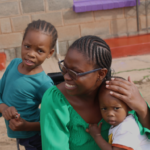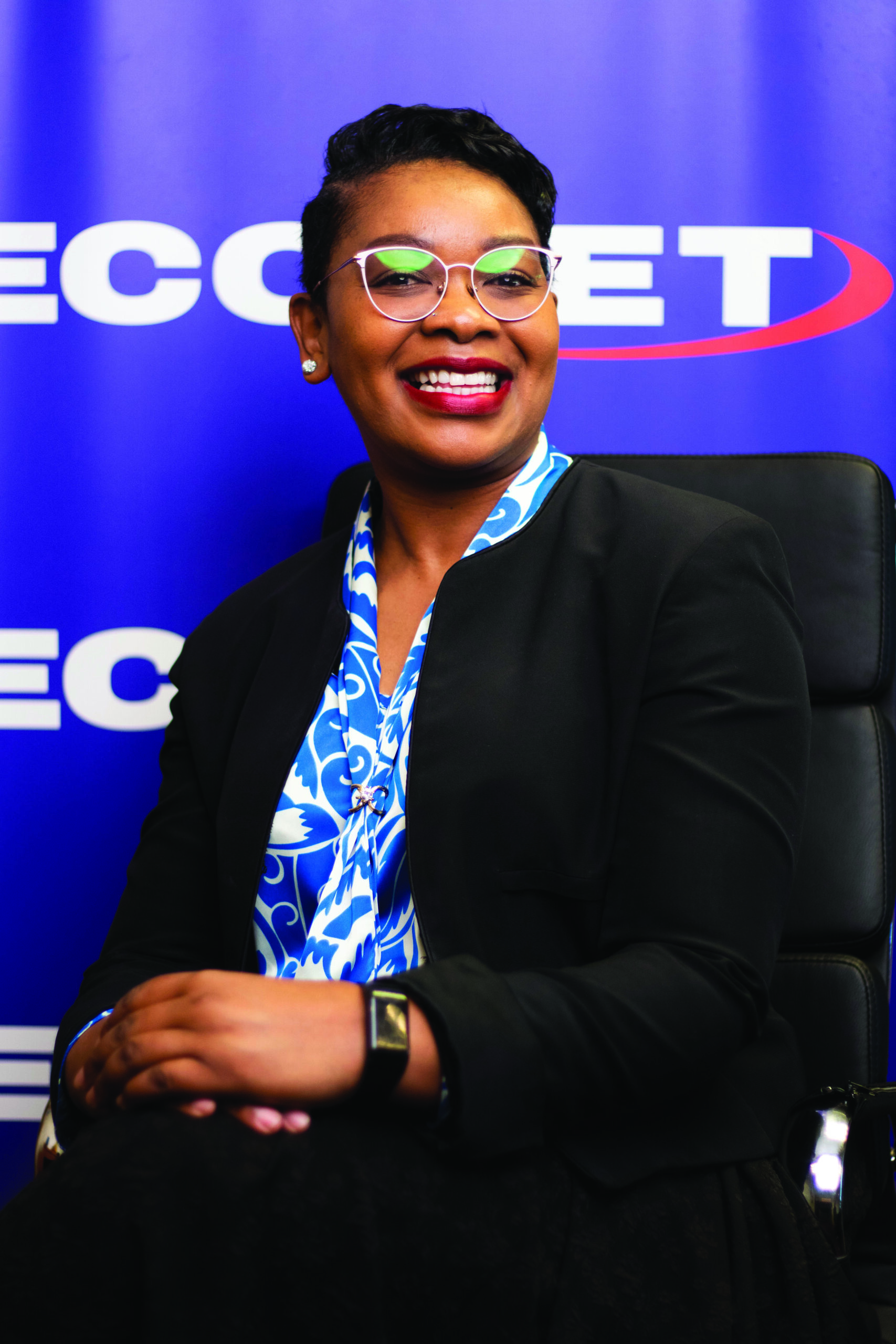Seabata Mahao
Sasai Econet Financial Services (SEFS), a subsidiary of Econet Telecom Lesotho (ETL), has addressed recent concerns surrounding the migration of its EcoCash platform to a new system.
The upgrade, aimed at enhancing user experience, improving system reliability, and positioning EcoCash as a leader in digital financial services, led to several disruptions that have since been resolved.
The transition, which lasted over a week, caused service challenges as EcoCash moved from its old system to an upgraded one.
But yesterday SEFS confirmed that key services such as airtime purchases, cross-border remittances (via Mukuru, Sasai, Hello Paisa, and Ria Money), cash-in, cash-out, and sending money are now fully functional.
They are still working on restoring services like SMS notifications, Wallet2Bank, and various bill payments for companies such as ETL, WASCO, Lesotho Funeral, Sentebale, and others.
As of yesterday, Lehlohonolo Matee, Acting General Manager of SEFS, confirmed that over 9,300 of the 11,000 affected EcoCash subscribers have had their issues resolved, including amounts being refunded after failed transactions. All mobile money services have also been restored, he said during a media briefing in Maseru.
Matee apologised for the inconvenience caused by the upgrade, reassuring users that ETL is committed to delivering better services. He urged customers to maintain their trust in EcoCash as they work towards smoother operations.
Also speaking at the same occassion, Malefetsane Tlelima, the Chief Technology and Information Officer at ETL, described the migration as one of the most significant technological transitions in EcoCash’s history.
He acknowledged the challenges faced by customers during the process, particularly failed transactions, such as unsuccessful bundle purchases.
“We have reversed the funds deducted from EcoCash wallets and will continue to do so for the remaining affected customers,” Tlelima assured.
Tlelima also emphasised that despite the difficulties, EcoCash has emerged stronger from the migration.
“We’ve laid a foundation for sustained growth, better service, and continuous innovation. The challenges we faced were valuable learning experiences that have made us more resilient and prepared for the future,” he added.

Looking ahead, Tlelima highlighted plans for new features, including expanded payment solutions, more merchant partnerships, and tools to enhance financial inclusion for underserved communities. While the migration took longer than expected, the team faced several common challenges with large-scale system upgrades, including service disruptions, data migration complexities, and user adjustment periods.
Tlelima also discussed the work still in progress, including services like electricity purchases, bill payments for Alliance, MultiChoice, and other services, agent-to-agent transfers, and agent commissions for cash-ins. These services are being restored gradually, but missed commissions will be generated retroactively.
Despite the setbacks, Tlelima noted several successes of the system upgrade, including enhanced performance, improved user experience, strengthened security, and greater flexibility for future innovations.
“The new system has dramatically improved our platform’s performance, providing faster transaction speeds and improved reliability,” he explained.
The upgraded infrastructure is now equipped to handle larger volumes of transactions, ensuring seamless service for the growing number of EcoCash users.
Additionally, the migration introduced a more streamlined user interface, making it easier for customers to access their funds, make payments, and interact with the platform. On the security front, advanced encryption methods and improved fraud detection systems were implemented, safeguarding users’ financial data in an increasingly digital world.
“The new system gives us the flexibility to roll out new features and services more quickly, whether that means integrating with new partners, offering advanced payment options, or supporting cross-border remittances,” Tlelima concluded.
Summary
- Sasai Econet Financial Services (SEFS), a subsidiary of Econet Telecom Lesotho (ETL), has addressed recent concerns surrounding the migration of its EcoCash platform to a new system.
- The upgrade, aimed at enhancing user experience, improving system reliability, and positioning EcoCash as a leader in digital financial services, led to several disruptions that have since been resolved.
- Also speaking at the same occassion, Malefetsane Tlelima, the Chief Technology and Information Officer at ETL, described the migration as one of the most significant technological transitions in EcoCash’s history.

Your Trusted Source for News and Insights in Lesotho!
At Newsday Media, we are passionate about delivering accurate, timely, and engaging news and multimedia content to our diverse audience. Founded with the vision of revolutionizing the media landscape in Lesotho, we have grown into a leading hybrid media company that blends traditional journalism with innovative digital platforms.









